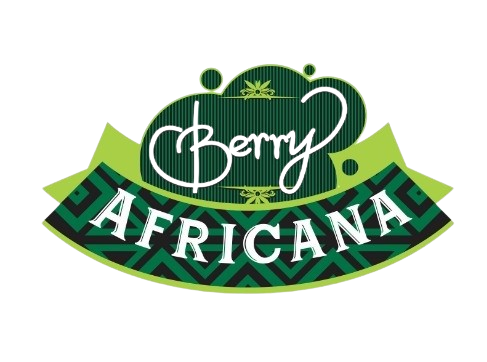Nigerian fashion has always been a vibrant reflection of the country’s rich cultural heritage. From the flowing, colorful fabrics of the Yoruba people to the intricate beadwork of the Igbo and the regal robes of the Hausa, each ethnic group in Nigeria brings its own unique style to the table. However, in recent years, Nigerian fashion has undergone a significant transformation as it increasingly blends with Western influences, creating a dynamic fusion that is as diverse as it is captivating. This cultural fusion is redefining the global fashion landscape, offering a fresh perspective on what it means to be fashionable in the modern world.
The Evolution of Nigerian Fashion
Nigerian fashion has deep roots in the country’s traditions and customs. For centuries, clothing in Nigeria was not just about covering the body but also about expressing identity, status, and community affiliation. Traditional garments such as the Agbada, Buba, Iro, Gele, and Aso Oke are still worn today, particularly during ceremonies and special occasions. These garments are often made from locally sourced materials like Adire, Ankara, and Aso Oke, each with its own symbolic meaning and significance.
However, as Nigeria opened up to the world through trade, colonialism, and globalization, Western fashion began to make its way into the country. The arrival of European settlers in the 19th and 20th centuries introduced new styles, fabrics, and tailoring techniques. Over time, Nigerians began to incorporate these Western elements into their traditional attire, giving rise to a unique style that blended the old with the new.
The Rise of Nigerian Designers on the Global Stage
In the past few decades, Nigerian designers have gained international recognition for their ability to seamlessly blend traditional Nigerian fashion with Western influences. Designers like Deola Sagoe, Lisa Folawiyo, Mai Atafo, and Maki Oh have become household names, both in Nigeria and abroad. Their work often features a mix of traditional Nigerian fabrics and Western silhouettes, creating pieces that are both contemporary and deeply rooted in Nigerian culture.
One of the most notable examples of this cultural fusion is the use of Ankara fabric in Western-style clothing. Ankara, a vibrant and colorful fabric popular in West Africa, is now being used to create everything from tailored blazers to cocktail dresses. Designers have also started incorporating elements of traditional Nigerian beadwork, embroidery, and weaving techniques into their collections, bringing a touch of Nigerian craftsmanship to modern fashion.
The Influence of Western Fashion on Nigerian Youth
The younger generation of Nigerians has been particularly influenced by Western fashion. With the rise of social media and increased access to global fashion trends, Nigerian youth are now more connected to the world than ever before. This has led to a blending of styles, where traditional Nigerian clothing is worn alongside Western pieces.
For example, it’s not uncommon to see young Nigerians pairing a traditional Gele headwrap with a Western-style dress or wearing a classic Agbada with sneakers. This mix-and-match approach to fashion allows them to express their individuality while still honoring their cultural heritage. It’s a trend that has caught the attention of fashion enthusiasts worldwide, further solidifying Nigeria’s place on the global fashion map.
The Impact of Nigerian Fashion on the Western World
The cultural fusion between Nigerian and Western fashion is not a one-way street. Just as Nigerian designers have been influenced by Western styles, Western designers have also started to incorporate elements of Nigerian fashion into their work. High-profile fashion houses like Dior, Louis Vuitton, and Stella McCartney have featured African-inspired prints, fabrics, and designs in their collections, a testament to the growing influence of Nigerian fashion on the global stage.
Moreover, Nigerian celebrities and influencers, such as Burna Boy, Tiwa Savage, and Chimamanda Ngozi Adichie, have played a significant role in promoting Nigerian fashion abroad. By wearing pieces from Nigerian designers on international platforms, they have helped to introduce the world to the beauty and versatility of Nigerian fashion.
The Future of Cultural Fusion in Fashion
As the world becomes increasingly interconnected, the blending of cultures in fashion is likely to continue. For Nigeria, this cultural fusion offers a unique opportunity to showcase its rich heritage while also embracing modernity. Nigerian fashion will likely continue to evolve, with designers and consumers alike experimenting with new ways to blend traditional and Western styles.
In the end, cultural fusion in fashion is about more than just clothing; it’s about identity, creativity, and expression. It’s about taking pride in one’s roots while also being open to new influences. As Nigerian fashion continues to captivate the world, it stands as a powerful example of how culture can be celebrated, transformed, and shared through the art of fashion.
BerryAfricana is proud to celebrate this cultural fusion, offering a platform where traditional Nigerian fashion meets contemporary trends. Explore our collection to discover how you can incorporate this vibrant blend into your wardrobe and make a bold statement that is both timeless and modern.

Leave a comment